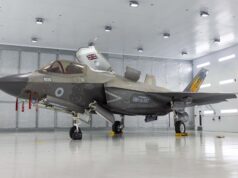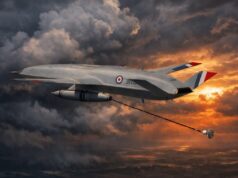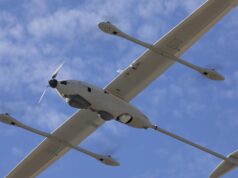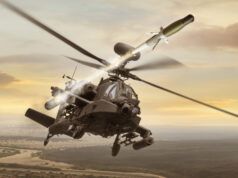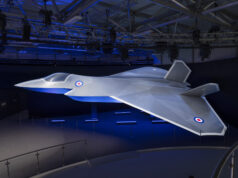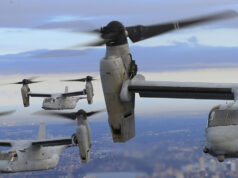Royal Air Force Reaper strikes against Islamic State have more than doubled in recent weeks.
The increase in strikes coincide with a strike that killed 21 year old Reyaad Khan. The UK’s fleet of Reaper Remotely Piloted Air Systems was responsible for 29 strikes against Islamic State (IS) positions in August compared with an average of 12 in each of the six preceding months, according to Ministry of Defence reported by the Financial Times.
In 2006, Chief of Staff of the United States Air Force General T. Michael Moseley said,
“We’ve moved from using UAVs primarily in intelligence, surveillance, and reconnaissance roles before Operation Iraqi Freedom, to a true hunter-killer role with the Reaper.”
The MQ-9 Reaper is an unmanned aerial vehicle capable of remote controlled or autonomous flight operations, developed by General Atomics Aeronautical Systems. The MQ-9 is referred to by the RAF as a Remotely Piloted Air System to indicate their human ground controllers. It is armed with Hellfire missiles.
According to Justin Bronk, as quoted by the FT:
“Reaper offers much greater persistence over potential targets than fast jets like Tornado. They are better suited to maintaining observation over known combat zones where no pre-identified fixed targets exist and they offer more time over target to ensure targets are correctly identified. Pilots can talk about the picture in front of them with intelligence and even legal personnel face to face before striking, which is impossible in a fast jet.”
In October last year, the Ministry of Defence announced the deployment of Reapers in Operation Shader, the first occasion the UK used its Reapers outside of Afghanistan. The number of aircraft wasn’t disclosed at the time but it’s expected that more were moved to the Middle East as the UK withdrew them from Afghanistan. Their primary purpose is to provide surveillance support and situational awareness to coalition forces.
UK Reaper’s were at first flown from Creech in Nevada, but since 2013 they have been flown from RAF Waddington by 13 and 39 Squadrons.


